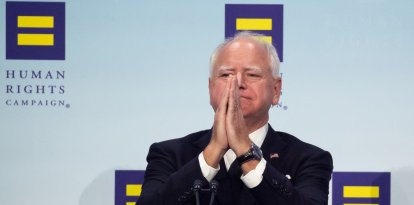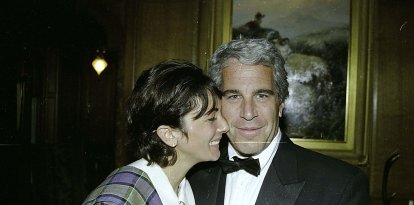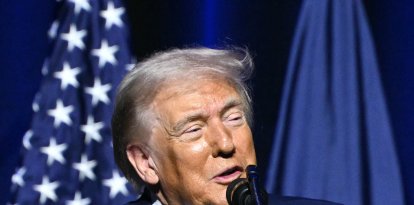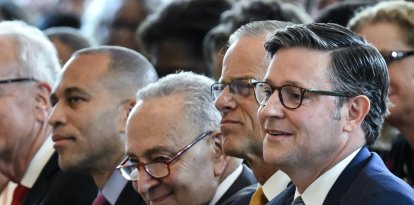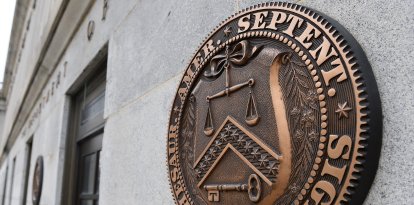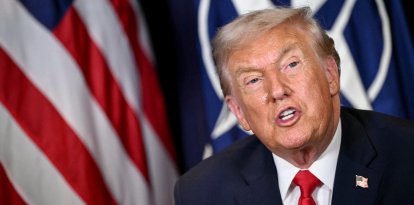Hillary Clinton exposes antisemitism within the Democratic Party by attacking pro-Hamas protesters
The former presidential candidate assured that the students who participated in university protests "do not know much about the history of the Middle East."

Cordon Press
Hillary Clinton criticized antisemitic protests at universities. The former presidential candidate took direct aim at the students who participated in the camps and destruction throughout the country, which earned her a subsequent attack from Senator Chris Van Hollen (D-MD).
In a recent interview with MSNBC, Clinton questioned the historical knowledge of pro-Palestine protesters across the country.
"I have had many conversations, as you have had, with a lot of young people over the last many months now. They don't know very much at all about the history of the Middle East, or, frankly, about history, in many areas of the world, including in our own country," she said.
Just a few days later, Senator Van Hollen responded while speaking with host Margaret Brennan of "Face the Nation" on CBS.
In a more sympathetic stance toward the protesters, the Maryland Democrat slipped that the opinions of the former secretary of state could be lowering the price of the situation in the Gaza Strip.
"I thought, Margaret, that Secretary Clinton's comments, in that regard, were quite dismissive of students' concerns about the awful humanitarian crisis and high civilian death toll in Gaza," Van Hollen noted.
The University of California at Los Angeles (UCLA) and the University of Texas at Austin were some of the other venues where some students demonstrated against Israel. In this last educational institution, there were even scenes of maximum tension between the protesters and the local authorities, which led to at least 200 arrests.
The impact of university protests on public opinion
Between May 2 and 6, Rasmussen Reports evaluated the impact of the university protests on public opinion. The pollster asked four questions to its sample of likely voters, among which the following stood out: "Have the university protests made you sympathize more or less with the Palestinians? Or have the protests not changed the way you see the Palestinians much?"
According to their findings, a plurality of respondents, 42%, said the protests made them "less sympathetic to Palestinians." On the other hand, 37% said that the demonstrations did not make much difference to them. Therefore, between those who became more hostile towards the Palestinian cause and those who did not give much importance to the situation, there are 79% of those surveyed. In turn, only 15% responded that the demonstrations made them "more understanding of the Palestinians.















